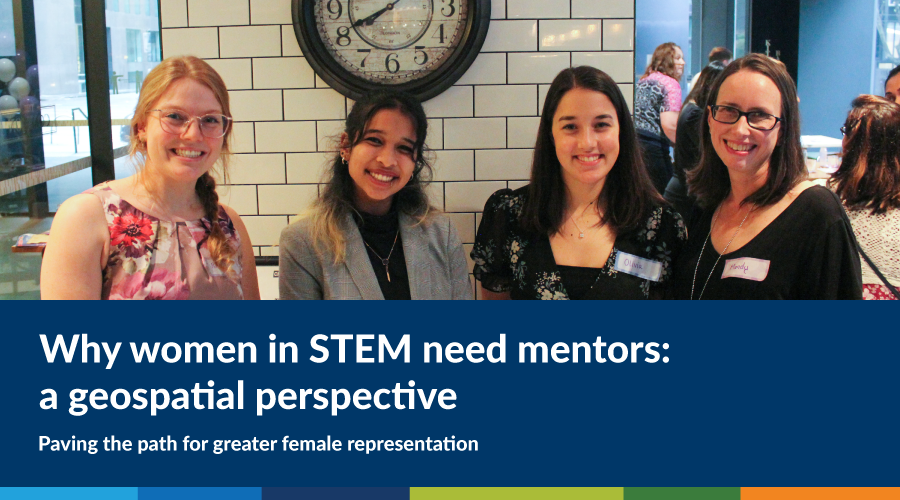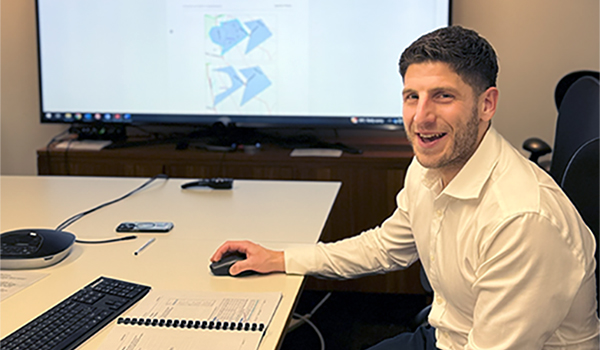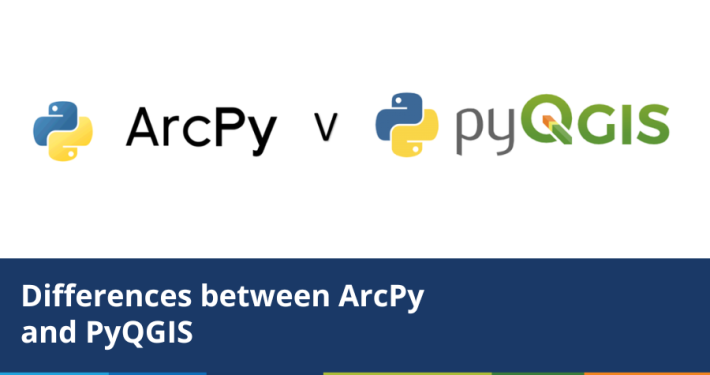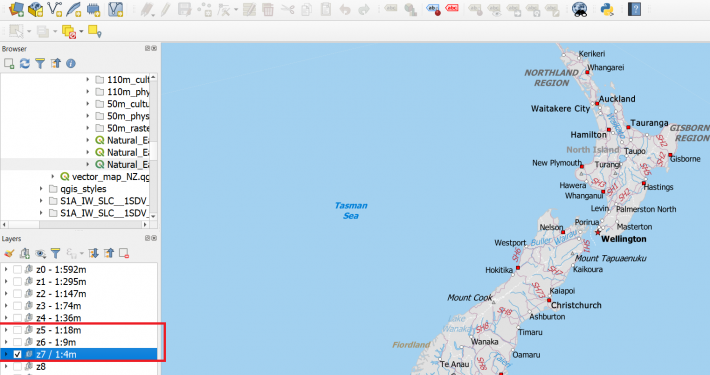As the only female to graduate in my geospatial cohort, I know first-hand what it’s like to be in a male-dominated environment.
While things are changing, it’s not much different beyond the classroom. In fact, women+ make up less than 25% of the Australian Spatial Industry workforce, with even less representation in positions of leadership.
But it doesn’t have to be this way.
With increased mentorship and programs that support women in the field early on, we can pave the path for greater female representation.
Why are there so few women in STEM?
As with many STEM undergrad programs, female underrepresentation in geospatial isn’t unique to a particular year, university or even state – it’s a trend that’s far-reaching.
Globally, the importance of increasing female representation more broadly is recognized in the United Nation’s Sustainable Development Goals (SDGs). SDG Goal 5 aims to ‘achieve gender equality and empower all women and girls’, and outlines Target 5.5 to ‘ensure women’s full and effective participation and equal opportunity at all levels of decision-making in political, economic and public life’.
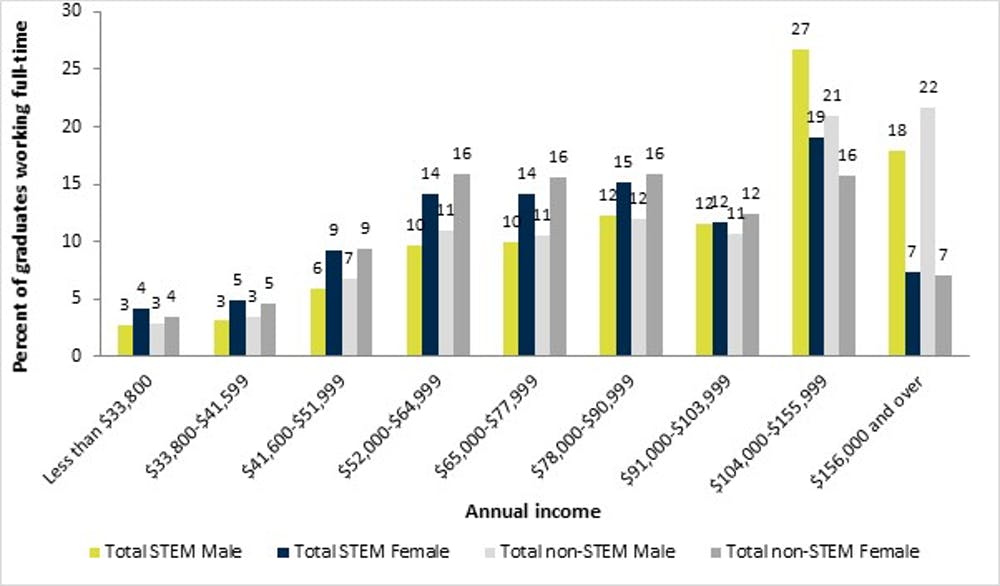
Income distribution of full-time workers with university qualifications, by field and gender via Office of the Chief Scientist (source)
When it comes to STEM professions, still, we have a fair way to go, and there are many potential reasons for this beyond gendered stereotypes. Interestingly, research suggests a lack of confidence in technical abilities is not one of them. Other issues may be contributing include the well-documented pay gap, and fewer opportunities leading to limited career success. Regardless, what we do know is that supporting women in STEM prior to, during and beyond their studies is key to helping women succeed and stay in the field.
Explore Australia’s data on women in STEM here.
Mentoring women in Geospatial
One way Spatial Vision is addressing this underrepresentation of women in the industry is through our Women in Geospatial Scholarship in partnership with RMIT University. The scholarship is awarded annually to a high-achieving undergraduate female student studying Geospatial Sciences at RMIT. Not only does this student receive a financial incentive to support their studies, but it also gives the student an ongoing one-on-one mentoring opportunity with female employees at Spatial Vision.
In the last couple of years, I have been lucky enough to mentor scholarship recipients alongside my colleague Amanda (Mandy) Tyrer. During these sessions we’ve built genuine and trusting relationships, encouraging our mentees to steer the direction of the sessions based on their interests and passions.
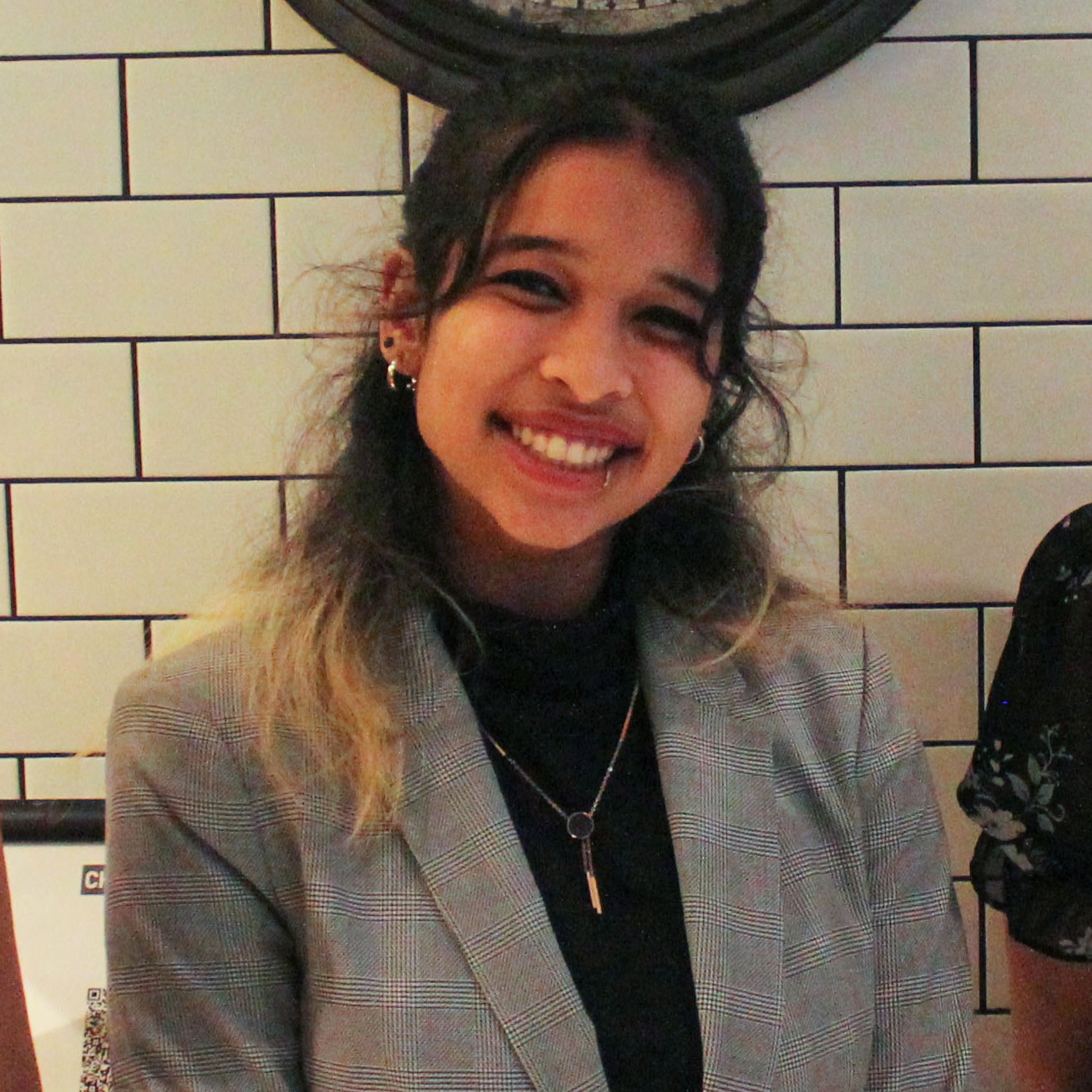 “I have to say, [Rhiannan and Mandy] make geospatial sound so exciting and powerful that I’m so sure I want to continue studying it.”
“I have to say, [Rhiannan and Mandy] make geospatial sound so exciting and powerful that I’m so sure I want to continue studying it.”
—Nikhita Sreya, a 2020 Women in Geospatial scholarship recipient and mentee
While some topics are focused on the Geospatial Industry, we also ensure that the mentoring and skill development is transferrable to other areas of their professional, educational and personal life. These include skills key to career success in the early career development stage in particular, including building a personal brand, networking, and CV and resume creation. Importantly, we also cover the critical topics of stress and time management.
Mandy and I also draw on the extensive experience of employees within Spatial Vision to expose our mentees to different niches and areas within the Geospatial Industry, including coordinating meetings with strategic consultants, recent graduates, and managers. We’ve also had mentees join us at company events and staff meetings, immersing themselves in the community before they’ve even stepped into the workforce.
Apply for a Women in Geospatial Scholarship here.
Women helping women
Mentoring is a journey of shared discovery, and these sessions have been equally as rewarding for myself as a mentor. I have learnt an enormous amount from the mentoring process itself, but also from mentees. Every mentee is different, and I’ve learnt just how important being adaptable and versatile in the mentoring approach is to ensure mentees get the support and encouragement they need to take that next step in their journey.
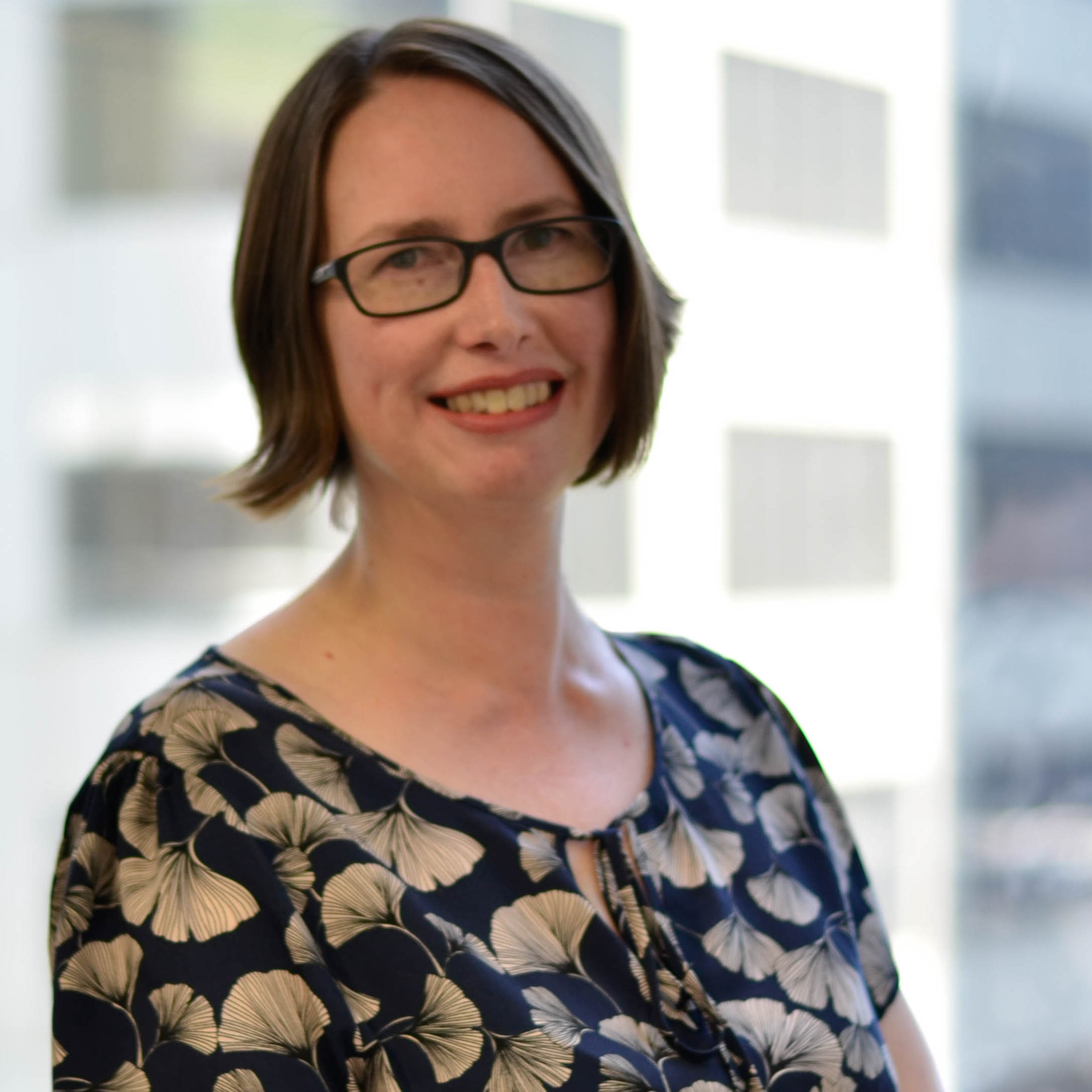 “I have found the Women in Spatial Mentoring program very rewarding. Through the weeks, seeing the confidence grow in the mentees and the ownership they gain over their career prospects is very fulfilling.”
“I have found the Women in Spatial Mentoring program very rewarding. Through the weeks, seeing the confidence grow in the mentees and the ownership they gain over their career prospects is very fulfilling.”
—Mandy Tyrer, Spatial Vision Women in Geospatial mentor
Tackling the underrepresentation of women+ in the geospatial industry is not an easy or straightforward task. Of course, government, academic institutions and industry must all do their part to change the landscape. However, mentoring female students in their studies is an important step towards change, and a contribution I am incredibly proud to make. I’ve had the pleasure of mentoring a number of young women who I watch with great anticipation as they develop their careers and achieve their goals.
If you too are one of few females in your cohort, I highly recommend seeking out mentors, and applying for similar programs. It will transform your career, and those of the next generation.
Your career in geospatial starts here.
If you’re studying (or looking to study) Geospatial Science at RMIT, you may be eligible for the Spatial Vision Women in Geospatial Scholarship.
Applications are managed by RMIT University – click here for more information.

